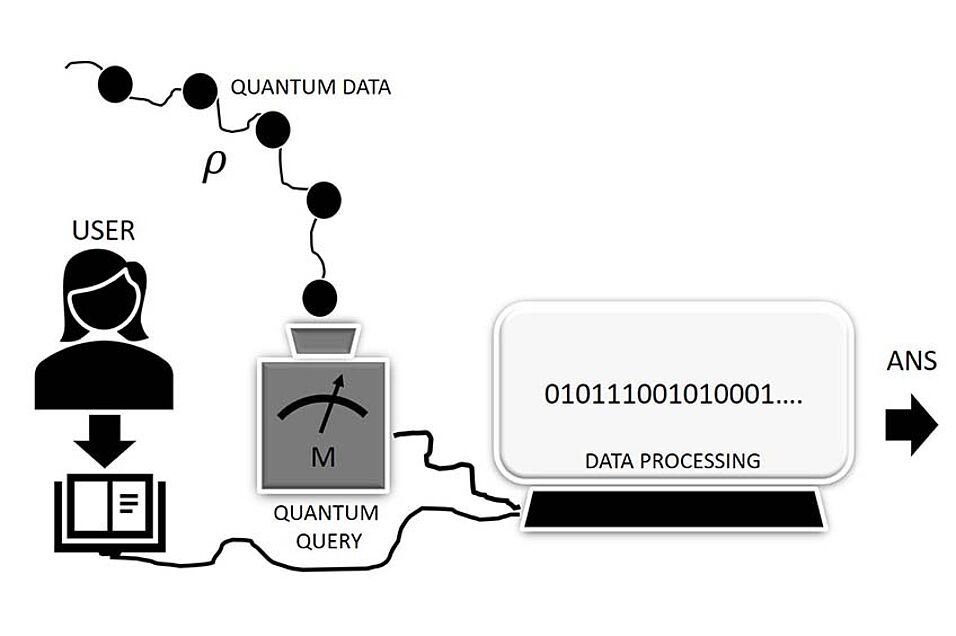As quantum technologies advance, the ability to generate increasingly large quantum states has experienced rapid development. In this context, the verification and estimation of large entangled systems represent one of the main challenges in the employment of such systems for reliable quantum information processing. Though the most complete technique is undoubtedly full tomography, the inherent exponential increase of experimental and post-processing resources with system size makes this approach infeasible even at moderate scales. For this reason, there is currently an urgent need to develop novel methods that surpass these limitations. This review article presents novel techniques focusing on a fixed number of resources (sampling complexity), and thus prove suitable for systems of arbitrary dimension. Specifically, a probabilistic framework requiring at best only a single copy for entanglement detection is reviewed, together with the concept of selective quantum state tomography, which enables the estimation of arbitrary elements of an unknown state with a number of copies that is low and independent of the system's size. These hyper-efficient techniques define a dimensional demarcation for partial tomography and open a path for novel applications.
Citation: Joshua Morris, Valeria Saggio, Aleksandra Gočanin, Borivoje Dakić, Quantum Verification and Estimation with Few Copies, Advanced Quantum Technologies. DOI: doi.org/10.1002/qute.202100118

